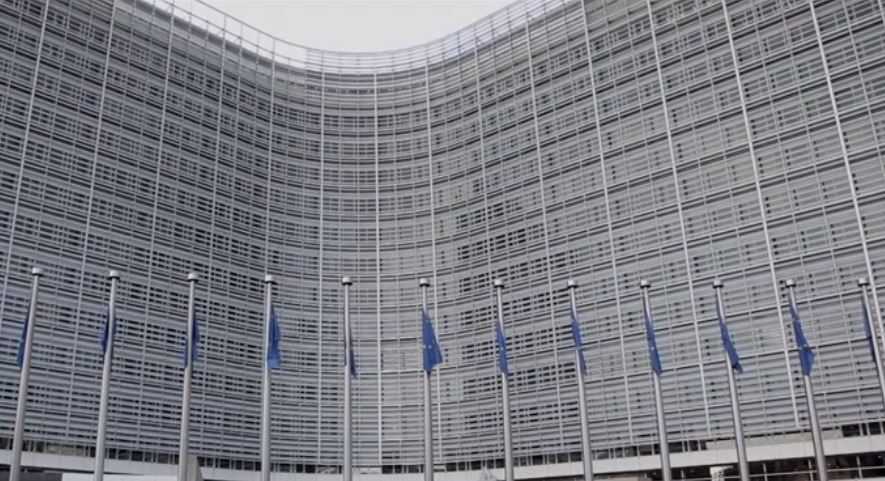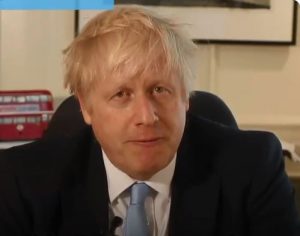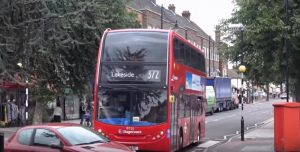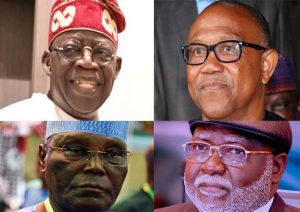
The Guardian: Theresa May immediately hit a brick wall in Brussels after being backed by MPs to reopen the withdrawal agreement, as Donald Tusk, with the backing of Emmanuel Macron, said the EU would not renegotiate.
Within minutes of the Commons backing the prime minister’s plan to replace the Irish backstop, a spokesman for the European council’s president insisted Tusk would not permit any changes to the deal already agreed with Downing Street.
Tusk, the EU’s most senior official, instead urged the prime minister to explain her next steps, claiming the agreement negotiated over the last 20 months “remains the best and only way to ensure an orderly withdrawal of the United Kingdom from the European Union”.
The spokesman added: “The backstop is part of the withdrawal agreement, and the withdrawal agreement is not open for re-negotiation.”
In an apparent sign that the EU now fears that the impasse in the Brexit talks is unlikely to be broken within the coming weeks, Tusk’s spokesman said Brussels was open to a delay to Brexit beyond 29 March.
An amendment backed by the Labour MP Yvette Cooper ordering the government to ask for an extension was defeated on Tuesday evening but the Commons is set to vote again in mid-February.
“Should there be a UK reasoned request for an extension, the EU27 would stand ready to consider it and decide by unanimity”, the spokesman said. “The EU27 will adopt this decision, taking into account the reasons for and duration of a possible extension, as well as the need to ensure the functioning of the EU institutions.”
He added: “We will continue our preparations for all outcomes, including a no-deal scenario. We will also continue the EU’s process of ratification of the agreement reached with the UK government. President Tusk will stay in close contact with EU27 leaders.”
Leo Varadkar, Ireland’s taoiseach, said in response to the result that the EU needed to “hold our nerve”.
MPs were corralled by the prime minister on Tuesday to back a proposal under which the Commons would commit to supporting the withdrawal agreement should the Irish backstop contained within it be replaced.
But even as the prime minister had called on MPs to send a message to Brussels, Macron had insisted that such a rallying cry would be fruitless. Speaking in Cyprus, the French president said the withdrawal agreement, including the Irish backstop, “is the best accord possible. It is not renegotiable”. He added that a no-deal scenario was one that “no one wants but we should all prepare for”.
During a phone call with the prime minister on Tuesday afternoon before the vote, the European commission president, Jean-Claude Juncker, had already warned May that the EU would not budge on its refusal to renegotiate.
Under the terms of the backstop in the withdrawal agreement, the whole of the UK would stay in a customs union until an alternative arrangement, such as a comprehensive trade deal or technological solution, ensured the avoidance of a hard border on the island of Ireland.
Brexiters fear being stuck in a customs union would kill off their hopes of the UK furthering an independent trade policy. Tory MPs have variously made calls for the backstop to be removed from the Brexit deal or for a unilateral exit mechanism or time limit on such an arrangement to be inserted.
May told MPs that supporting the Brady amendment would show the EU that there needed to be “significant” and “legally binding” changes to the Irish backstop to reassure MPs the UK would not be trapped within it.
She said this would involve opening up the withdrawal agreement rather than merely securing “an exchange of letters” with the EU’s leaders offering reassurances, a gambit that failed before the last vote on the deal, which was lost by a historic 230 votes.
But EU officials and diplomats said the Brady amendment was too vague for the EU’s heads of state of government to be confident that one particular course of action would receive the full support of parliament for a deal.
The slim result in favour of the amendment – by 16 votes – underlined to the EU that there could be no certainty that changes to the backstop would result in the withdrawal agreement being passed by the Commons given the various shades of views on how radical the changes would need to be.
A senior EU official outlined the limits to how far Brussels could go. “We will not reopen the withdrawal agreement”, the official said. “So it may be about semantics of what ‘reopening’ means. If things go towards more declarations, assurances or statements – we can do that. But if she really wants to reopen the whole thing, then it’s a ‘no’.”
There have not been any formal discussions in Brussels among the 27 other member states over how they might react to developments in London over the past two weeks. But while the EU’s institutions have offered an uncompromising position in public, diplomats representing some member states in the negotiations said informal discussions had been held in the corridors of the EU’s institutions about time limits on the backstop and exit mechanisms.
“At the end Ireland might need to think twice: do they want a definite problem on 30 March or do we want a possible problem in 2025?” said one diplomat. “But then you hear [an] end date for a backstop is not enough for some Brexiters.”
But the diplomat said the decision would be Ireland’s and the rest of the EU27 would look to Juncker and Tusk to recommend any course of action. “It is very difficult for member states to direct these things,” the diplomat said.




